After last episode’s mother of all chapters, we get a reprieve – a much shorter and lighthearted chapter devoted to those weird genres of metafiction, deconstruction, and jazzing around (that last one we’re pretty sure Gardner made up.) While we do discuss Gardner’s take, we mostly just have fun geeking out over our favorite examples of the genres. But, just when you think it’s all congenial conversation, we come upon an eye-raising quote by Gardner, and once again, the knives come out. For our exercise, Renee shifts her memoir into poetry and we discuss the results.
Want to hear Kim’s story reformed into both prose and verse (and hear Renee’s critique wherein she finally gets her money’s worth on that useless MFA degree in Poetry)? Check us out on Patreon. Join our newsletter and and get a free bonus episode!
The Writing Exercsie
Write a short piece of fiction in mixed prose and verse.
This Week's Vocab with a side of examples...and Chauvinism!
Meta-Fiction
So what does it look like to get all Meta in your Fiction?
- Princess Bride (the book not the movie)
- Gone Girl (again, the book not the movie)
- Sort of but not really Deadpool
Deconstruction
“All meta-fictions are deconstructions but not all deconstructions are meta-fictions.”
-John Gardner.
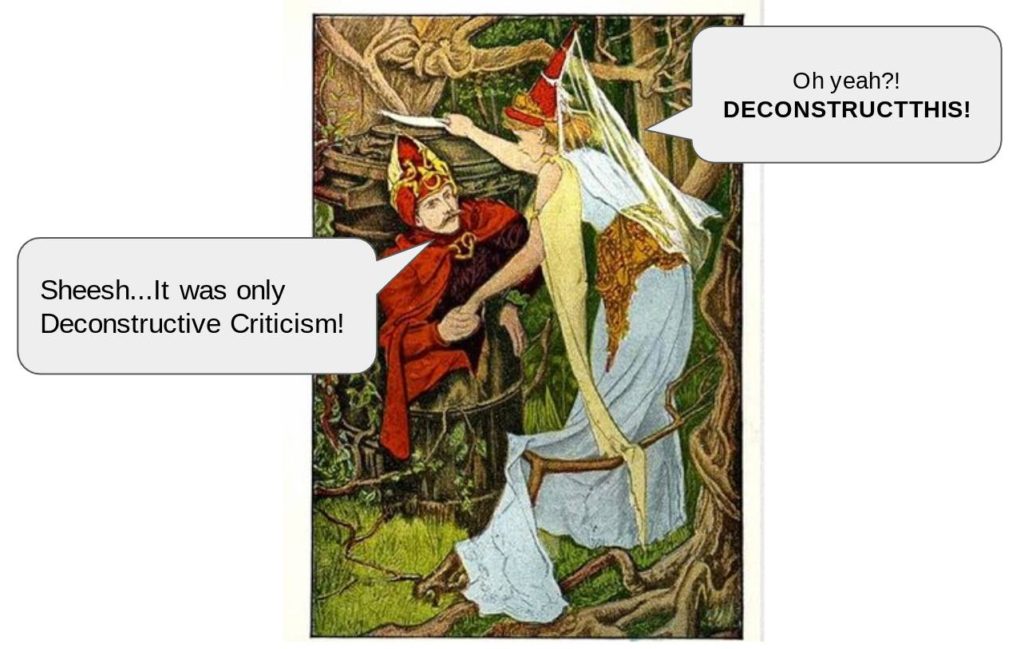
Who doesn’t like a deconstructed fairytale?
Jazzing Around (or All of the Above)
This example of Jazzing Around was brought to you by Prosetnic Vogon Jeltz reading the Third Worst Poetry in the Galaxy:
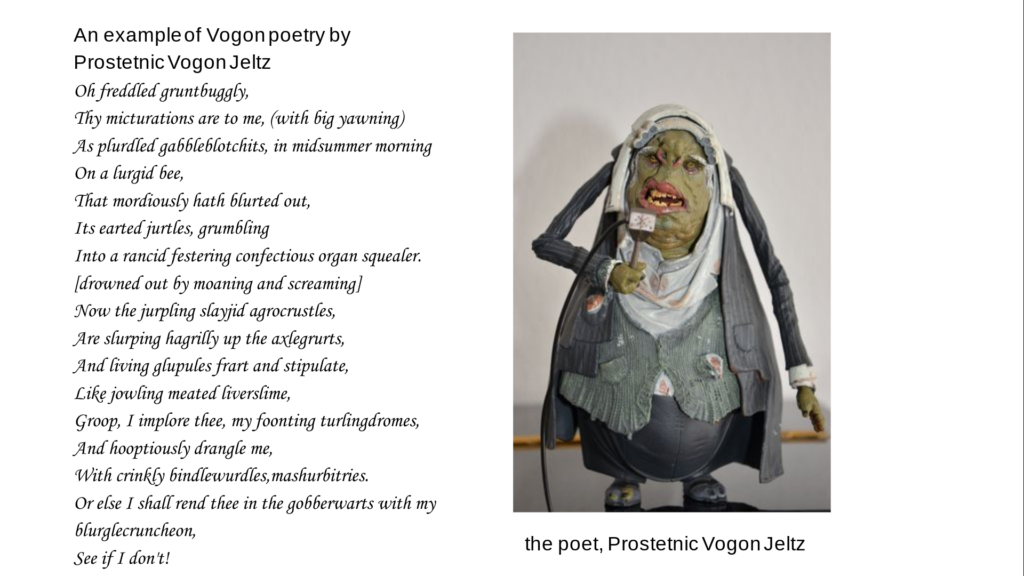
Gardner's *New Gender Author Reference Ratio

*We thought it might be important to remind our listeners that the author gender count only applies to new authors mentioned. Gardner, for example, mentions and references Shakespeare in every chapter so far. We only count him as a mention author in the gender count for chapter one. This is why the author count gets smaller and smaller for each episode. With that said, Gardner referenced Jane Austen’s novel in chapter three and then referenced her by name in Chapter 4. However, we do not count her in the author gender ratio for chapter 4 because we only count new authors mentioned.
When the Chauvinist Gets Meta
Perhaps inspired to get all Meta on his own, Gardner makes a funny:
“That language carries values is obvious. Again and again this book speaks of the writer as ‘he,’ though many of the best writers I have read or have taught in writing classes are female. English, like most languages, is covertly male chauvinist.”
-John Gardner
Don’t forget, Dear Listener…Gardner only mentions on average one female author per chapter. So, yeah, it’s obvious Gardner is aware of his pronouns. Dare we say…his attempt at being Meta was a success. He really does discredit himself! What an achievement. Well, perhaps he does deserve some credit.
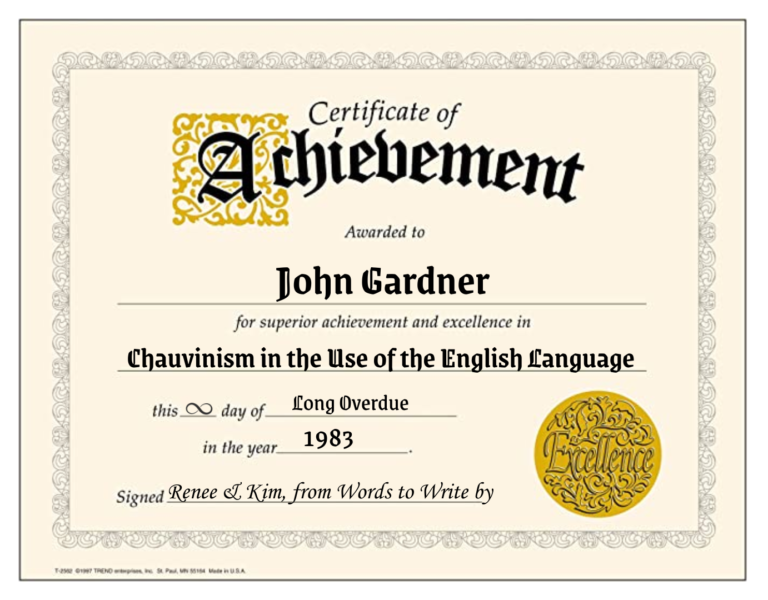
Continuing the Discussion: A Tribute to bell hooks
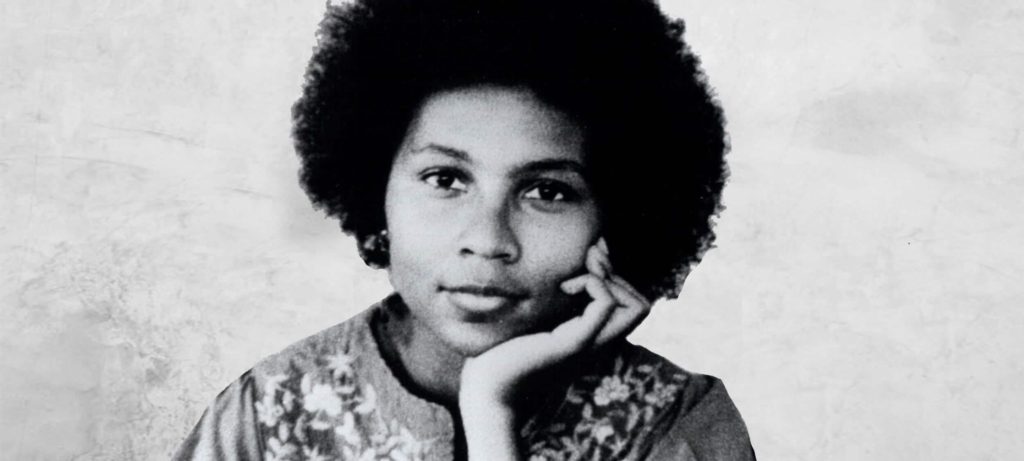
This month, we lost a beloved author, scholar, and feminist: bell hooks. She was born in September 25th, 1952 and died December 15th, 2021. She was an educator and an author of scholarly articles and books which focused on numerous social justice themes such as feminism, gender, education, and race to name just a few. Ain’t I a Woman: Black Women and Feminism, Teaching to Transgress: Education and the Practice of Freedom (on a personal note, this book directly inspired Renee’s pedagogical philosophies and practices), and All About Love: New Visions. She received her PhD from University of California Santa Cruz and taught at many institutions, such as Yale, UCSC, and City College of New York.
In response to Gardner, we offer an appropriate response to chauvinism and racism in the English language from her essay, “The Language of Power“:
“Initially, I resist the idea of the “oppressor’s language,” certain that this construct has the potential to disempower those of us who are just learning to speak, who are just learning to claim language as a place where we make ourselves subject. “This is the oppressor’s languages yet I need it to talk to you.” Adrienne Rich’s words. Then, when I first read these words, and now, they make me think of standard English, of learning to speak against black vernacular, against the ruptured and broken speech of a dispossessed and displaced people. Standard English is not the speech of exile. It is the language of conquest and domination; in the United States, it is the mask which hides the loss of so many tongues, all those sounds of diverse, native communities we will never hear, the speech of the Gullah, Yiddish, and so many other unremembered tongues” (hooks).
“Reflecting on Adrienne Rich’s words, I know that it is not the English language that hurts me, but what the oppressors do with it, how they shape it to become a territory that limits and defines, how they make it a weapon that can shame, humiliate, colonize. Gloria Anzaldua (link) reminds us of this pain in Borderlands/La Frontera when she asserts, “So, if you want to really hurt me, talk badly about my language.” We have so little knowledge of how displaced, enslaved, or free Africans who came or were brought against their will to the United States felt about the loss of language, about learning English. Only as a woman did I begin to think about these black people in relation to language, to think about their trauma as they were compelled to witness their language rendered meaningless with a colonizing European culture, where voices deemed foreign could not be spoken, were outlawed tongues, renegade speech” (hooks).
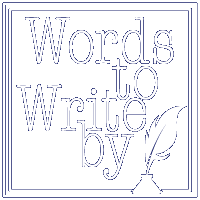
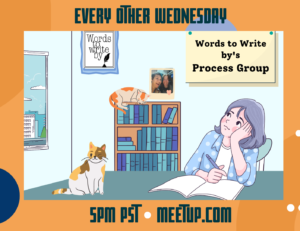
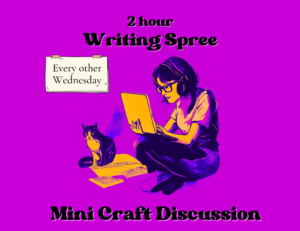
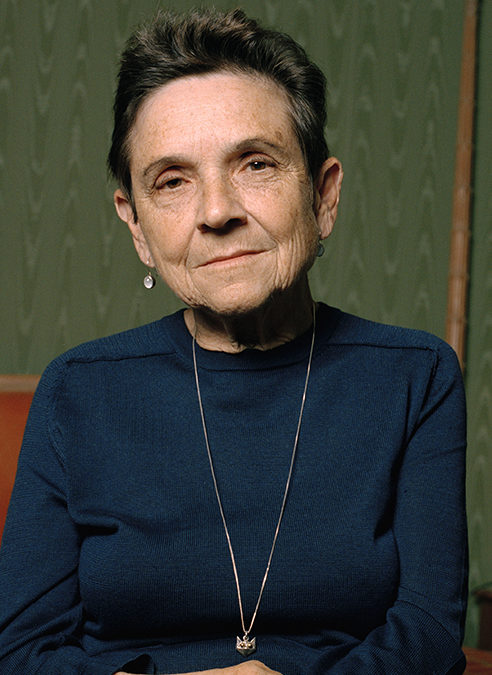
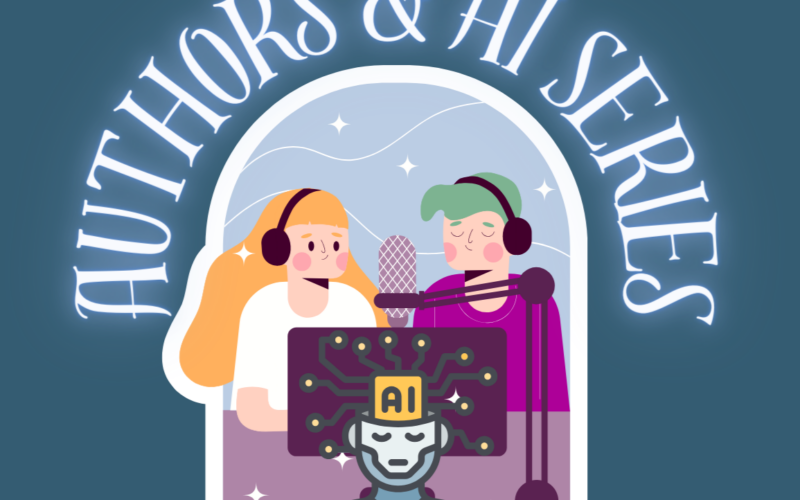


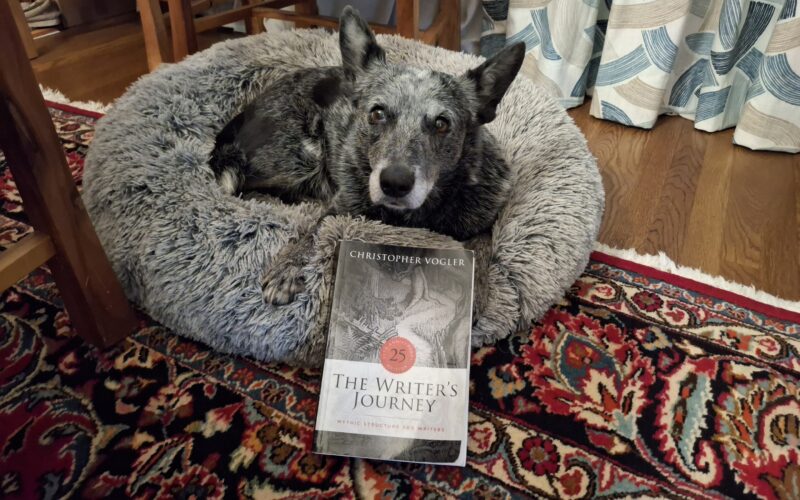
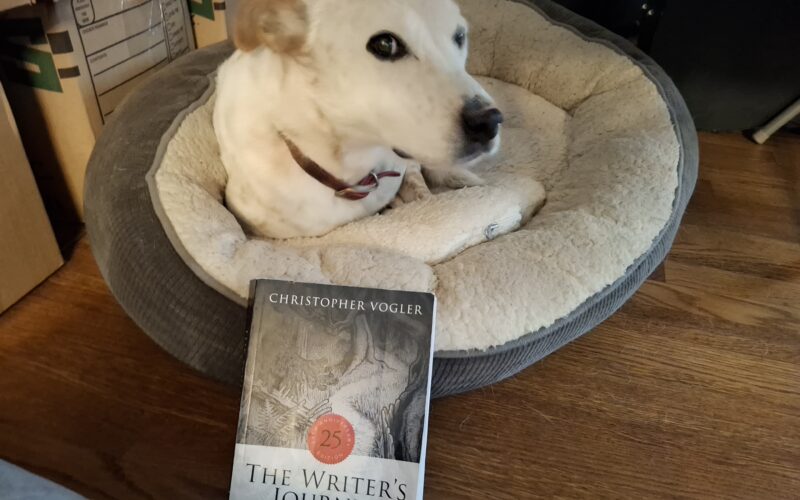
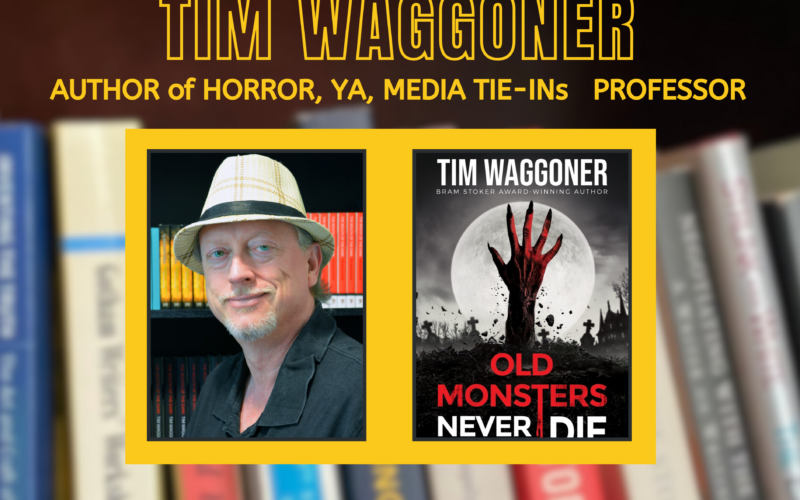



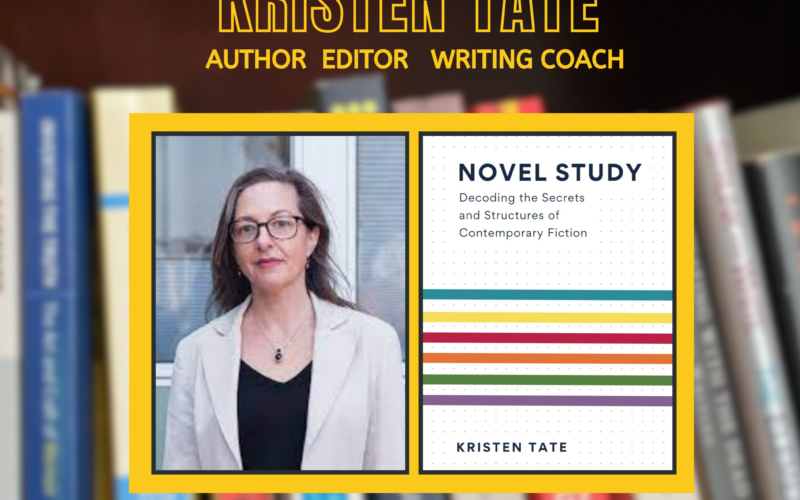
Not Your Usual Words to Write By: The AI Podcasting Challenge
Authors & AI SeriesEpisode 7: Not Your Usual Words to Write By: The AI Podcasting Challenge! Is nothing sacred? After exploring how AI might steal our writing jobs, we’re...